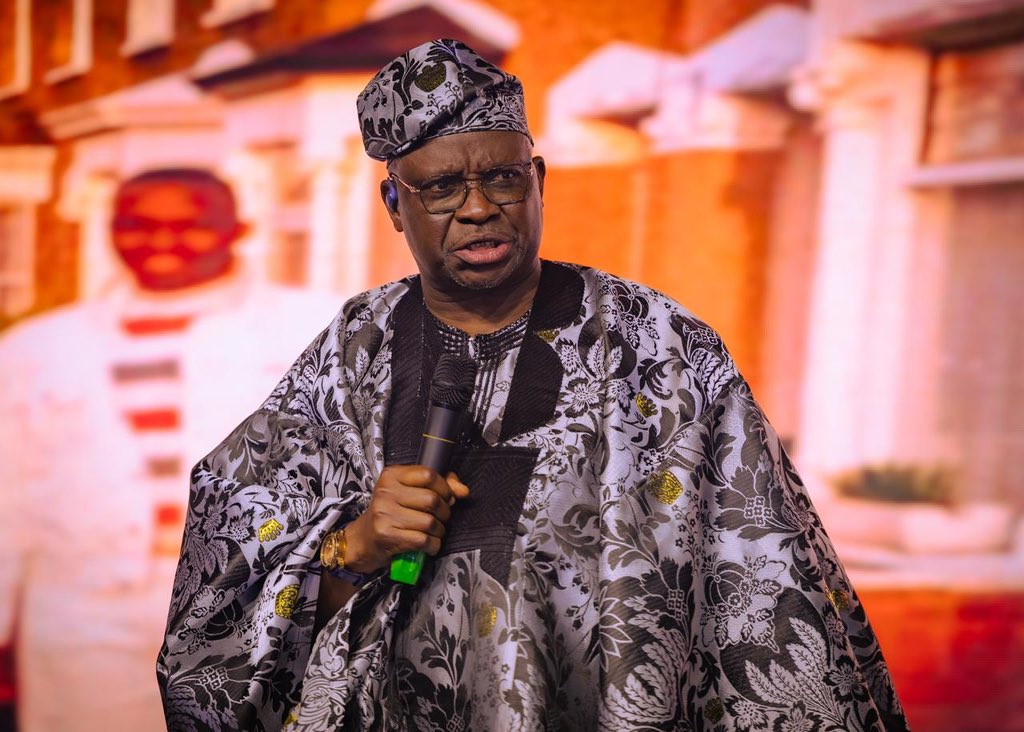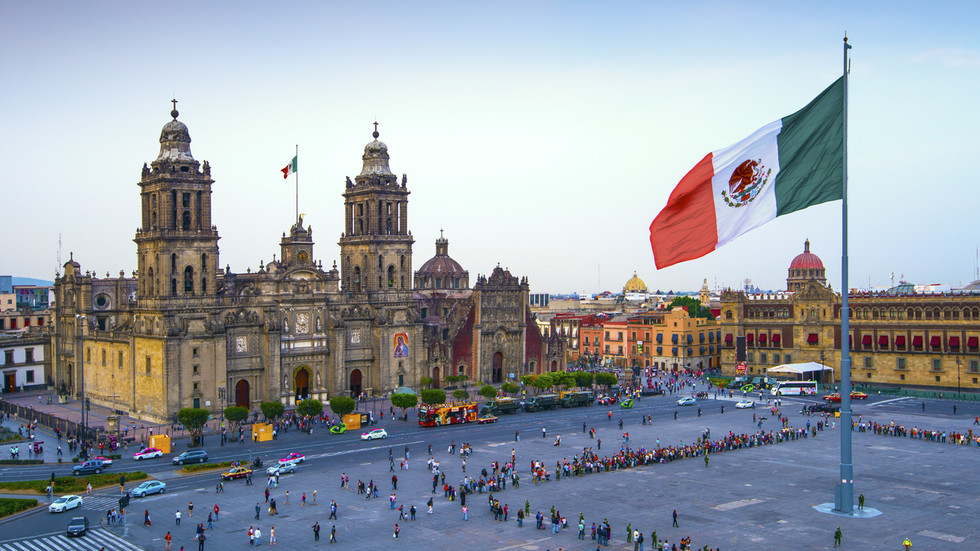Ukraine War’s End May Propel Europe’s New Right to Power
As the Ukraine War appears to be nearing its end, a significant shift in European politics is on the horizon. Despite Western European attempts to prolong the conflict, the likelihood of a peaceful resolution has increased, with the United States and Russia potentially compelling Ukraine and its backers to accept a negotiated settlement. This development is expected to have far-reaching consequences for European politics, particularly for the rising New Right movement.
The New Right, an umbrella term for right-populist, hard-right, or far-right parties, has been gaining momentum in Europe over the past two decades. In countries such as France, Germany, and Great Britain, New Right parties – Rassemblement National, Alternative für Deutschland, and Reform UK, respectively – are leading national polls. The movement’s surge is driven by voter concerns over immigration, the economy, social norms, and the perceived failure of elites to address these issues.
However, the New Right’s advance has been met with resistance from Centrist politicians and mainstream media, who have accused the movement of serving Russian interests. In reality, the New Right’s ideological affinities with Russia are genuine and driven by a desire to normalize relations with Moscow through a realistic foreign policy.
The end of the Ukraine War is likely to benefit the New Right in several ways. Firstly, it will deprive Centrists of a key tool used to discredit the movement – the claim that it is beholden to Russian interests. Secondly, it will weaken the argument that Russia poses an existential threat to Europe, a narrative that has been used to justify militarism and suppress dissent. Finally, it will allow the New Right to focus on its core issues, such as immigration and economic policy, without being distracted by the war.
The implications of the New Right’s rise are significant. If the movement achieves power in key European countries, it is likely to reshape the continent’s politics, leading to a shift away from the Centrist dominance that has characterized the past few decades. This, in turn, could have far-reaching consequences for international relations, economic policy, and social norms.
While it is too early to predict the exact outcome, one thing is certain – the end of the Ukraine War will mark a significant turning point in European politics. As the New Right continues to gain momentum, Europe is poised to enter a new era of politics, one in which the old certainties no longer apply. The question now is: what does this mean for Europe’s future, and how will the New Right shape the continent’s destiny?



